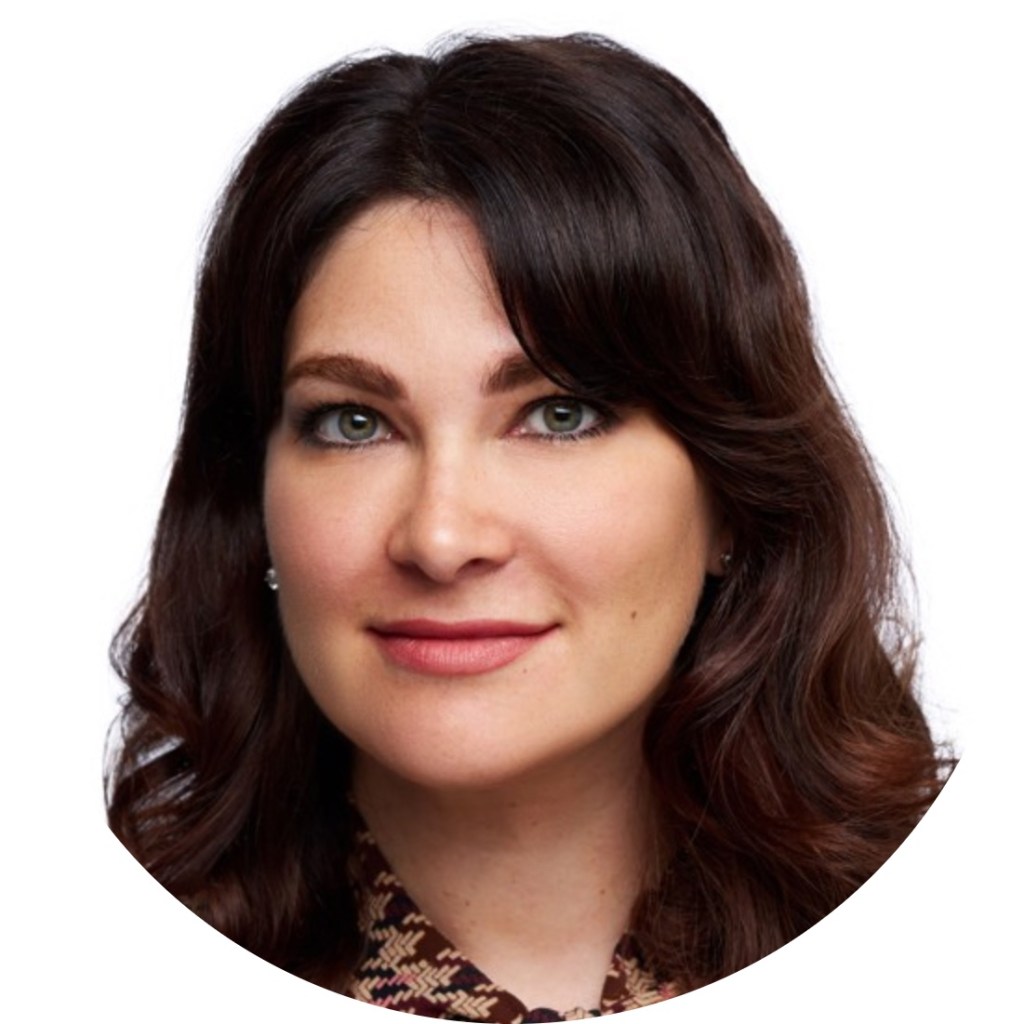As ageism remains rife in the workplace, people turn to plastic surgery to lift their hiring chances

While so much has changed about where and when we work in the wake of the pandemic, one issue has remained glaringly static: ageism in the workplace.
In fact, there’s evidence it’s getting worse. Nearly 80% of older workers claimed they’ve seen or experienced ageism in the workplace, according to AARP research, the non-profit dedicated to fighting age discrimination. That’s the highest percentage the group has ever recorded.
To dodge being held back by their age in job interviews, some older candidates that can afford it, are even taking drastic measures like plastic surgery, in order to boost their chances of getting hired. Dr Ryan Neinstein, a plastic surgeon in New York, is among those to field regular requests like this.
“I believe age diversity is one of the most untapped resources in the country…having the lens of time creates wisdom and diversity of thought.” Neinstein told WorkLife. He said his clinic’s goal is to help improve clients’ self-esteem, but that plastic surgery can only solve so much.
“Feeling confident and secure has much more to do with a stable inner self than a tight outer skin… plastic surgery is part of the wellness experience [but] it cannot replace anything it simply accentuates and enhances self-confidence,” he added.
Age discrimination has long been an issue in a range of industries, like media and advertising.
Lucy Barker, former head of people for digital agency Rufus Leonard, said when she left her job in 2020 her colleagues assumed she was retiring. But in fact, she left to launch her own business — Human Nature HR consultancy based in London.
“A big factor in doing so [launching her business] was because I had real concerns that I would struggle to find work as a result of age bias, she said. ”I’m 52 this year. I don’t feel old. But I probably look it,” she added.
Tougher being rehired
Although the jobs market is red-hot as the employment environment bounces back from the fallout of Covid-19, older people are having a tougher time getting hired or rehired. According to the U.S. Bureau of Labor Statistics report in April, more than 36% of people aged 55 or more, who were long-term unemployed, were spending an average 27 weeks looking for a job. Whereas only 23% of those between the ages of 16 and 54 years old spent the same amount of time searching. Approximately a quarter of the U.S. workforce is older than 55 years.
Barker said her business is thriving and her clients work with her because of her age and experience, not in spite of it. One of her clients, British creative agency Cult London, has similar aspirations to stamp out ageism. “It [Cult London] has an extremely diverse workforce in every sense, and its policies have been specifically designed to encourage and support all under-represented groups. As a result, the workforce is agile, creative, and made up of people with broad ranges of skills, energy, judgement and competence that really sets them apart,” said Barker.
Cult London’s chief strategy officer Charlotte Bunyan, who is in her late 40s, stressed that the most successful teams are comprised of more diverse groups, and that includes diversity of age. “I do think there needs to be a paradigm shift in how age and experience are viewed,” she said, “not as a millstone holding you back from exploring the new, but as an incredible springboard for embracing the unknown.”
Blind recruitment processes
Hiring experts believe employers could do a lot more to eradicate prejudice at the interviewing stage — especially when it comes to appearance.
Paul Lewis, chief marketing officer at the jobsite Adzuna, believes more companies need to consider blind recruitment processes to help older workers get a firmer foot in the hiring process. They can also offer returnships as employers do currently for working parents, or upskilling schemes to help workers who have spent a few years out of the labor market to get back up to speed on the latest developments. “These schemes can also help rebuild the confidence of returning older workers,” he said.
He pointed out that age bias in the workplace has been against U.S. law for a long time, “The Age Discrimination in Employment Act of 1967 made it illegal to discriminate against employees 40 years of age or older. Fortunately, people are becoming more aware of age discrimination and the need to eliminate it.”
Even employers’ job descriptions can be inadvertently biased toward younger candidates simply because of the type of language used, according to Nichole Viviani, chief people and marketing officer at the software company Xplor Technologies.
“Job descriptions and company branding are key to avoiding discrimination and ensuring a diverse candidate slate and a diverse workforce,” she said. “For example, just a phrase like ‘high energy’ could unintentionally insert unconscious bias. Companies need to ensure that how their values and benefits are translated does not create unintended bias for any generation,” she added.
Viviani agrees with Lewis on the value of company support for older workers. “It’s worthwhile to think about investing in career relaunch or return-to-work programs. These can benefit not only older workers, but those that have had to pause their career due to life events,” she said.
Lewis also insists that recruitment of older workers makes good business sense. “Employers should remain aware of the huge number of vacancies due to the Great Resignation and consider older applicants, who are working later in life and having longer careers than ever before. There should be no hesitation in hiring older applicants for positions. Older workers are a great asset to a workforce and companies should be doing what they can to attract, support and retain them,” he said — regardless of a touch of grey.


